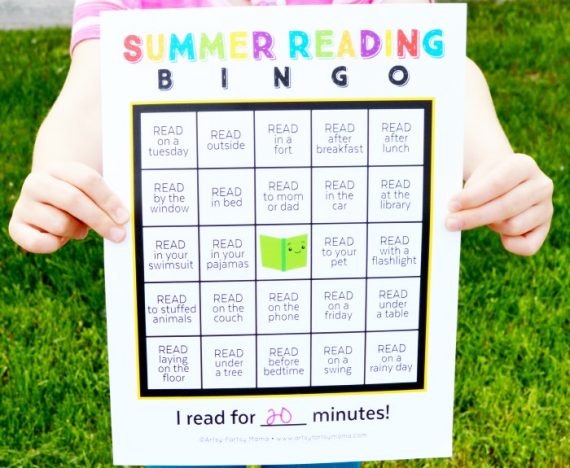There are two distinct moments in my life when I felt as if something were horribly, terribly wrong with me.
When I got my tonsils out in fifth grade, I remember my mother anticipating the few days I would spend recovering sans the ability to talk. Now, my mother meant well (love you, Mom!); I was just apparently a chatty child with a knack for going on long-winded, roundabout rants. A few days of peace and quiet? I’d be excited too.
But then I came out of the OR, happily slurping some Jell-O, still prattling away about wanting to play a game of Uno. Kristin: 1, Mom: 0
This might not sound all that odd, but I remember her recounting the story and thinking to myself, “Me, talkative? How can that be?” I was always a reserved kid who didn’t do much talking and kept to myself. Often the overshadowed tagalong in my group of friends (a trait that followed me through high school), I preferred to listen and stay on the sidelines when more than one or two other people were involved in anything at all. So how could I be viewed as an outgoing chatterbox? This wasn’t the first time, mind you, that I’d heard myself referred to as someone who found it “easy to make friends, and talkative”.
Fast forward to a weekend in high school, and you’d find me curled up in my room, reading a book, pretending like I wasn’t home so that people — perfectly good friends! — wouldn’t disturb me. It’s not that I didn’t like people, I just needed my downtime. I remember trying to stockpile potential excuses with which I could weasel my way out of invitations. Saying “I just don’t feel like it today” never felt like an acceptable answer; it was much easier to just pretend I was busy than face a barrage of questions about why I didn’t want to do this, or do that. Coupled with the usual cockeyed look one gets when they mention wanting to just “spend some time alone”, and people would jump to all sorts of inaccurate conclusions about how happy I was or how happy I was not.
Introvert. It’s a word I’ve always used to describe myself, and I usually find the definition rather fitting. For all of the ways I do identify with being an introvert, there are also some negative connotations. I am not shy. I am not antisocial. And contrary to what one might think, I like to talk — if the situation is right of course. Being social and reserved seems like an oxymoron, but the stereotypical label of being a “shy, unsociable” introvert simply isn’t true.
Over the years, I’ve subconsciously learned how to navigate my introversion. Or my extroversion. It wasn’t until reading Quiet by Susan Cain as a part of the NovelTea Book Club that I began expanding my view of the two terms. The book itself is by no means conclusive, nor is it the only authority out there, but it was refreshing to hear that yes, you can be both introverted and extroverted to a certain extent. Yes, people can shift their personality to better suit a situation. No, not all introverts are people-phobic, nor do they have to be.
You’re much more likely to find me holed up in a blanket fort of my own making on a Friday night, but you also never know when you’ll see me leading a workshop or dancing in the middle of the floor. Will I be exhausted after? Probably. But recharging is what a lazy Sunday is for. I feel no shame in admitting that I have an extroverted side that I dust off on occasion and — gasp! — like it! It’s just another side of me, another way to balance out the person that I am, which happens to be more of an introvert by nature, yet I love both sides all the same.




Comments are closed.